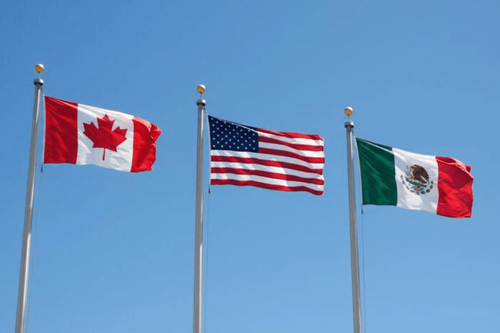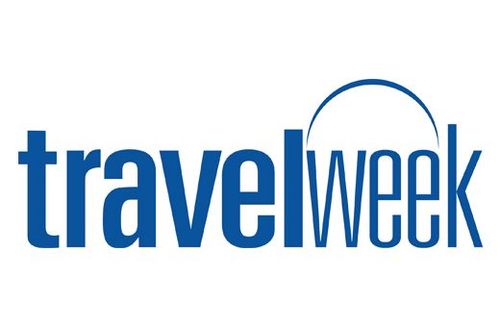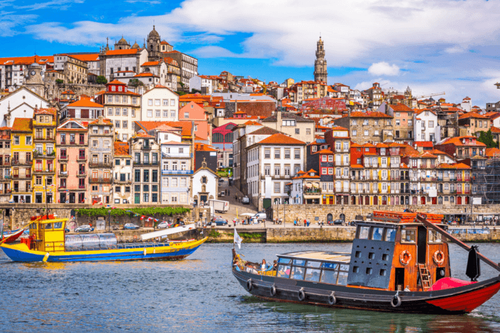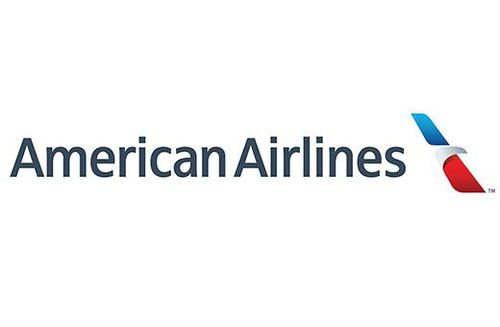Where travel agents earn, learn and save!
News / Ryanair Chief: No more €10 flight deals
The rise in living costs worldwide will attract more passengers to seek out low-cost, no-frills options, such as Ryanair
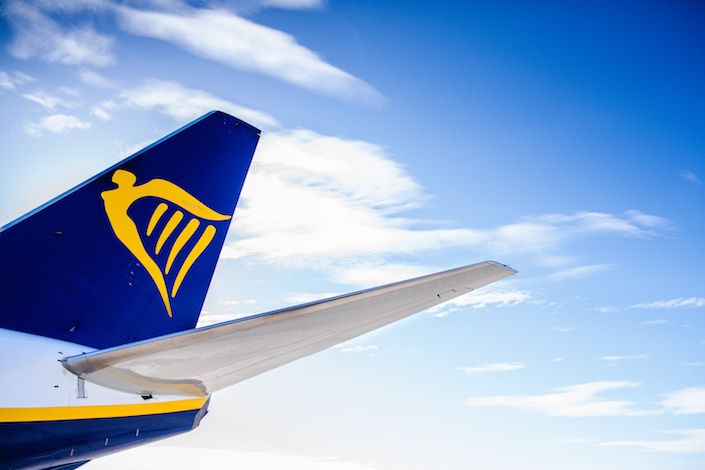
While flight cancelations and delays worldwide have become quite the common denominator, another factor joining the list is the lack of cheaper airfares. The trademark of Irish low-cost carrier Ryanair used to be its €1 ($1.03) and €10 ($10.32) fare, but given current global circumstances, the budget carrier's Chief Executive Officer Michael O'Leary said that such iconic trademarks would not be seen anymore.
His observation comes from inflation and rising fuel costs, a continued result of the Russia-Ukraine conflict, paired with surging passenger demands, further tightening the squeeze on operational standards across the aviation industry. O'Leary said:
"There's no doubt that at the lower end of the marketplace, our really cheap promotional fares - the one euro fares, the €0.99 fares, even the €9.99 fares - I think you will not see those fares for the next number of years."
The rising numbers
Airfare prices to mainland Europe this summer season have surged by nearly a third since pre-pandemic prices, or even last year's prices. For some cities, airfare prices jumped more than 250% this week compared to the same period in 2019. In July last year, Ryanair launched €5.92 one-way tickets from London-Stansted to popular European destinations, including Athens, Lisbon, Faro, Madrid, and Seville.
Compared to today's prices, the cheapest airfare to the mentioned cities would be a flight from London-Stansted to Faro for €71.02, followed by a one-way flight to Lisbon at €153.88, while to Athens would be €223.70, and €153.86 to Madrid. Before the pandemic, an average family of four would probably pay around €331.38 for a flight from London's Heathrow or Gatwick to Istanbul. Such airfare prices were quite the steal then. In current times, the price of the same family would more than double to become approximately €672.22 on average.
A need to fly
Though the aviation industry has long been criticized for contributing heavily to climate change, the low-cost carrier's chief argues that road and sea transport were more prominent contributors to carbon emissions. According to O'Leary, airlines like his own have been making firm efforts in decarbonizing aviation, such as investing in more fuel-efficient aircraft such as the Boeing 737 MAX 8. So despite the surging airfare prices, O'Leary remains confident that passengers will continue to fly as it becomes more of a convenient necessity.
However, given that the prices aren't going down anytime soon, the airline chief suggests that passengers will start to seek out lower-cost options rather than cut back on flying, highlighting:
"We think people will continue to fly frequently. But I think people are going to become much more price sensitive and therefore my view of life is that people will trade down in their many millions."
Ironically, the current situation favors the budget carrier, as in recent decades when airfare prices became cheaper as the number of flights rose. Back then, passengers were more about taking short breaks overseas, and airlines such as Ryanair, easyJet, and Wizz Air have been competing to offer low-cost, no-frills services. Now that flying with full-service carriers has become quite the luxury, the Irish budget carrier and its fellow low-cost competitors will again be the ideal choices for passengers.
Not without struggles
As demand for air travel bounced back, staff shortages at airlines and airports have led to cancelations and delays. While Ryanair might win versus its competitors regarding airfare prices, the budget carrier still faces the same operational struggles that dampen the global aviation industry. In the first six months of 2022, Ryanair canceled 0.3% of flights, compared with British Airways at 3.5% and easyJet at 2.8%.
Still, O'Leary says Ryanair had managed the problems better than other airlines due to its decision to start recruiting and training cabin and flight crews last November when the Omicron variant was still affecting international air travel. However, the budget carrier faces one prolonged problem more than its competitors: industrial walkouts. The latest to threaten Ryanair is the five-month-long strikes from its Spanish cabin crew.
Although the airline claims its operations won't be impacted significantly, the continuous industrial actions surrounding the airline have become quite the norm. This could mean that even if Ryanair does attract more passengers, it might not be able to retain their loyalty given its operational struggles and reputation.




